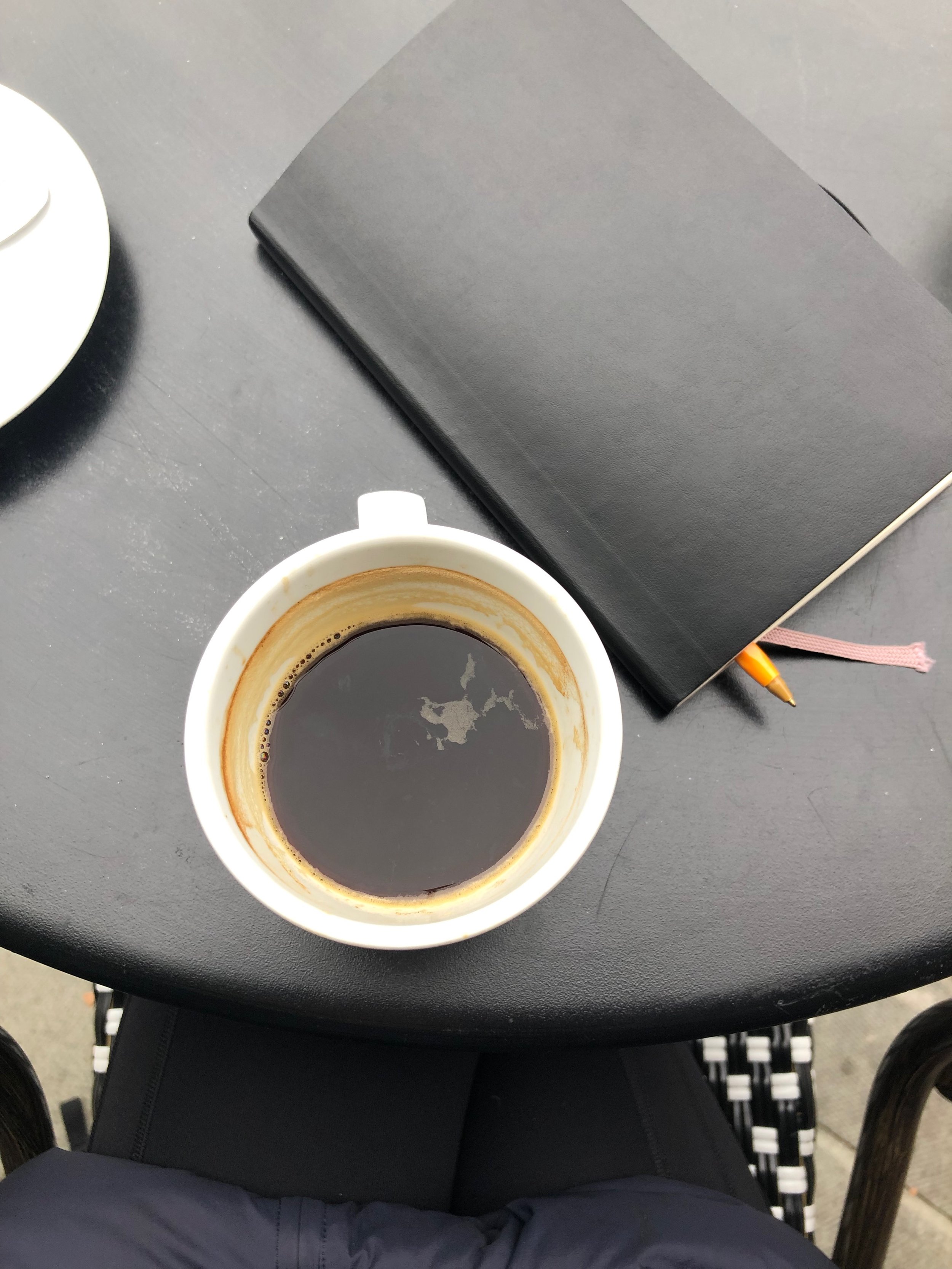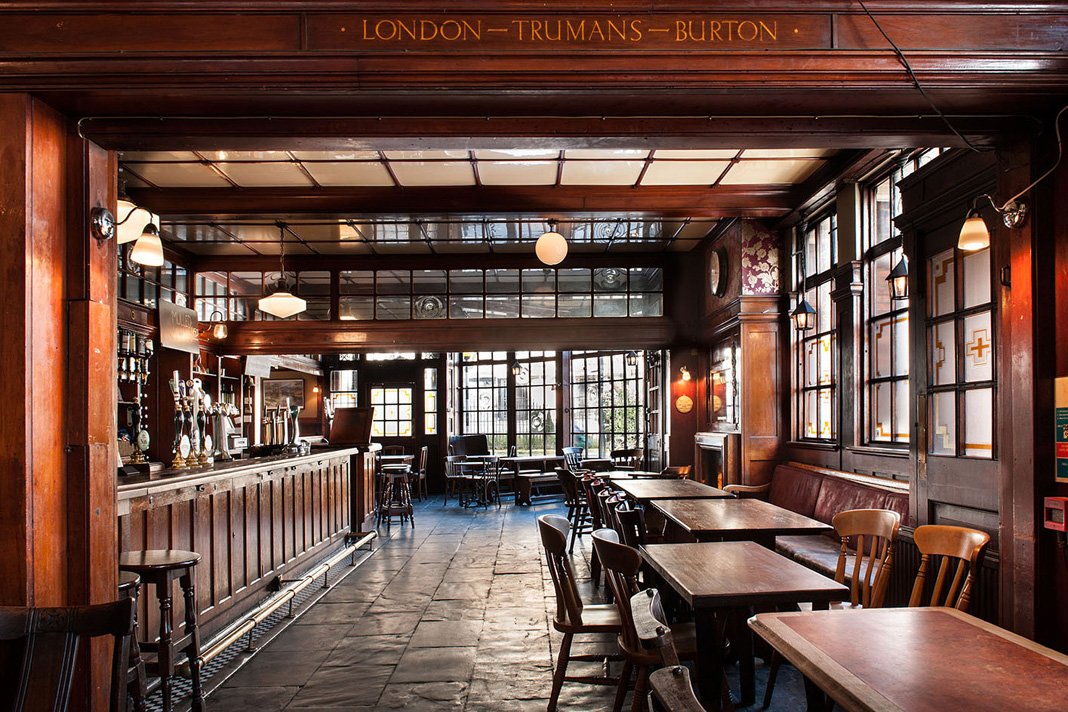THOUGHT EXPERIMENTS IN PUBS
TEiP DEEP 21
HOW TO BECOME WISE
SPOILER ALERT
SPOILER ALERT
Here is the Thought Experiment that we’ll discuss at TEiP DEEP.
It is broken into three chapters.
I recommend waiting to read the chapters sequentially at the event
…but if you’d like to know what they are ahead of time, here you go… :-)

CHAPTER 1
Anna is a successful student. She gets As in all her subjects and is praised by her teachers for original thought and diligence.
But she struggles with her temper. She finds other people very aggravating at times and feels an overwhelming frustration that can lead her to spiteful thoughts.
She admires her grandmother, who is calm, peaceful, and wise. Her grandmother always knows what to say to calm Anna down, to give her a different perspective.
The time is coming for Anna to choose a subject to study at University.
You are the school guidance counsellor.
Anna comes to you and asks:
“What do you think I should study to become more like my grandmother? More wise, calm, centered, grounded, less affected by other people?”
QUESTIONS TO CONSIDER:
What would you say to Anna?
Do any traditional university subjects come to mind?
Are there any alternative paths that you might suggest?
Is wisdom something that you can learn from a professor?

CHAPTER 2
Anna is grateful for your advice. She has also sought advice from a few other people.
Her grandmother advises her:
“You are wise, Anna, you are just young. There are lots of lessons that you can only learn from experience. Life will provide you with plenty of opportunities to learn. Things that you find challenging are exactly that. Look for what you can learn from them.”
Her godmother suggests:
“I have learned far more about living - people, purpose, challenge, wisdom - from podcasts and books than I did during university. I’d suggest going to university for the social aspect, and to develop skills in one area that you can use for work, but to look elsewhere for wisdom.”
Her uncle suggests:
“There is a lot that you can learn from religion. You don’t even necessarily need to believe in anything (though that can help). Just spend time with religious people, read religious texts, learn religious history. These are centuries old teachings of humans who have grappled with the human condition, just like you, and who have come up with some suggestions. Take what works for you, leave the rest.”
Her cousin advises:
“Join the military. You’ll push yourself to your physical and psychological limits. You’ll experience the greatest potential of teamwork and the biggest challenges in teamwork. You’ll have to deal with other people in high stakes situations. You’ll have a much better perspective on yourself, other people, and life afterwards.”
Anna sees merit to all these suggestions. She brings them with her to your next session together. She asks what you think of them.
QUESTIONS TO CONSIDER:
Do any of Anna’s advisors' suggestions resonate with you? Why or why not?
Do any of the suggestions ring alarm bells for you? Why or why not?
How should Anna process these suggestions?
Why do you think these advisors have come up with such different suggestions when asked how to develop wisdom?

CHAPTER 3
You mention this situation with Anna in the staff room. Unbeknownst to you, there is a visiting dean of a university in the room.
Jackie’s university has been struggling with student disengagement over the past couple of years. Since AI has come along, students seem to have given up on traditional learning methods. They input their assignments into ChatGPT and produce work that they themselves have barely read. But hearing about Anna’s conundrum, Jackie has had an idea:
“What if we reframed university as an opportunity to become wise. Universities could still offer traditional subjects because knowledge and skills are important to developing wisdom, but they could also offer some of what Anna’s different advisors are suggesting.”
You introduce Jackie and Anna, and together they pitch for funding to develop this idea. They are successful and they establish a taskforce to envision a University for Wisdom.
They ask you to be part of the task force.
QUESTIONS TO CONSIDER
Do you think this is a viable idea?
How might you incorporate the perspectives of Anna’s advisors in chapter 2 into envisioning a University for Wisdom?
How might you evaluate wisdom in end of year assessments?
What would Anna’s grandmother say?
SOURCE: BA, THOUGHT EXPERIMENTS IN PUBS Group Member
INSTAGRAM: @thoughtexperimentsinpubs
FACEBOOK: @thoughtexperimentsinpub
FEEDBACK
(Messages are anonymous unless you include your name/contact details)

Support me to write more THOUGHT EXPERIMENTS and arrange more meetups by…
Thank you, your support means a lot :-)

